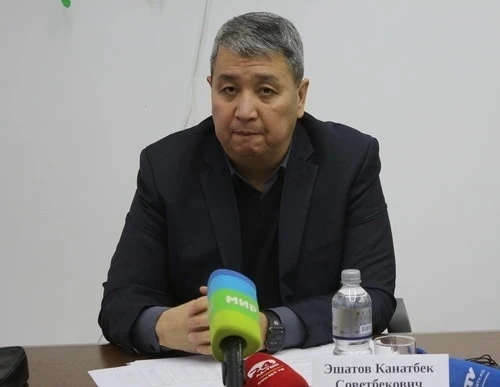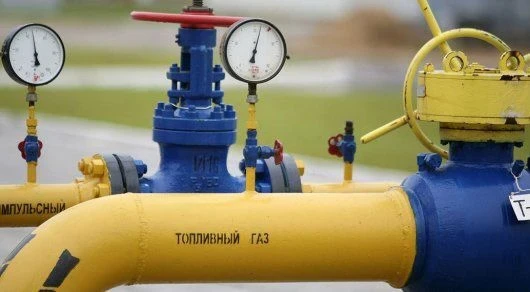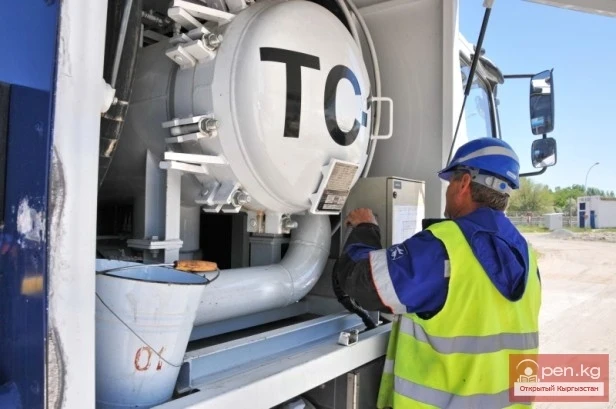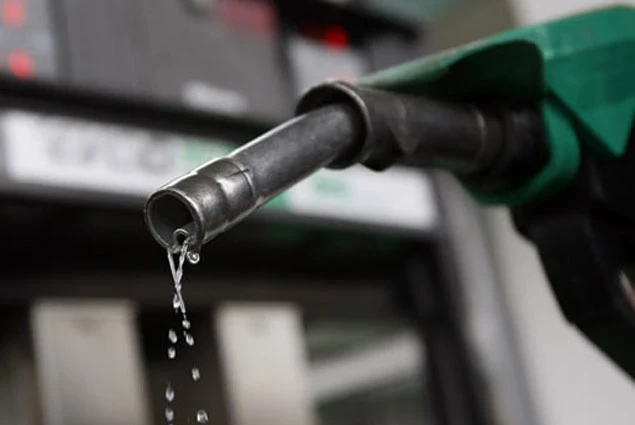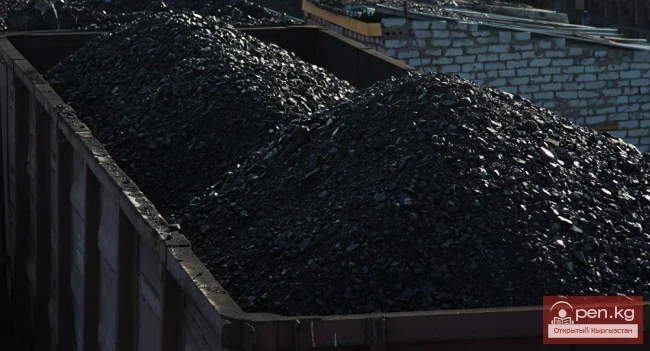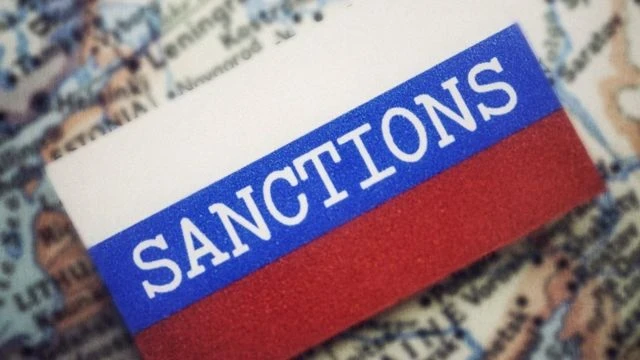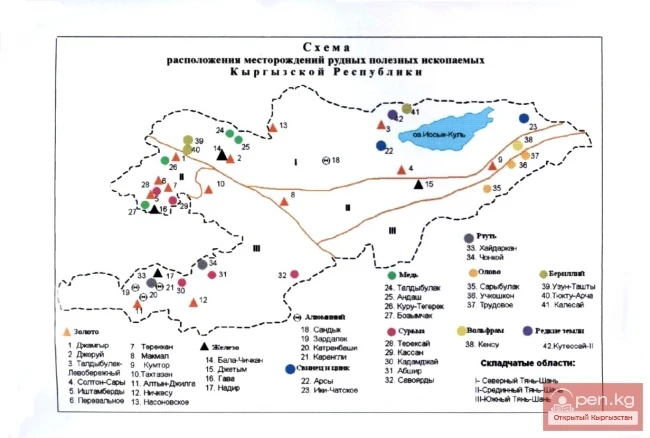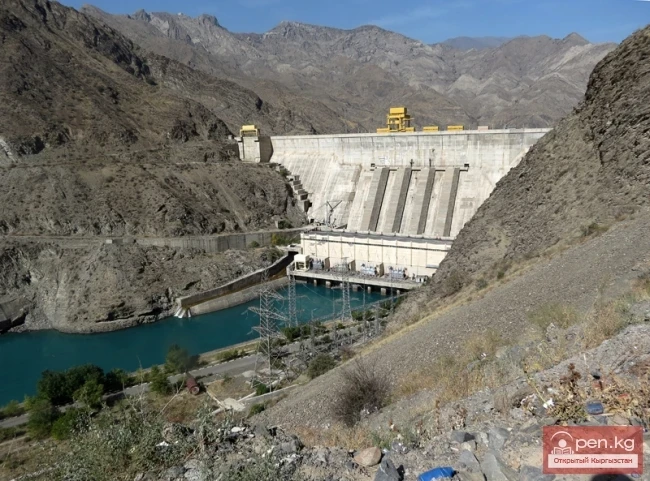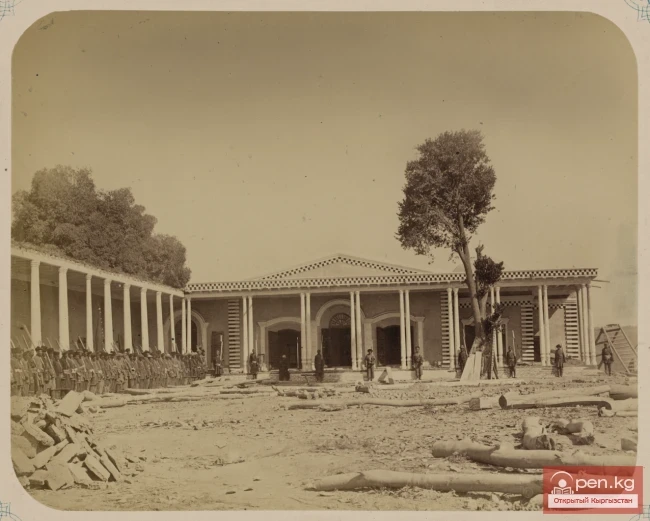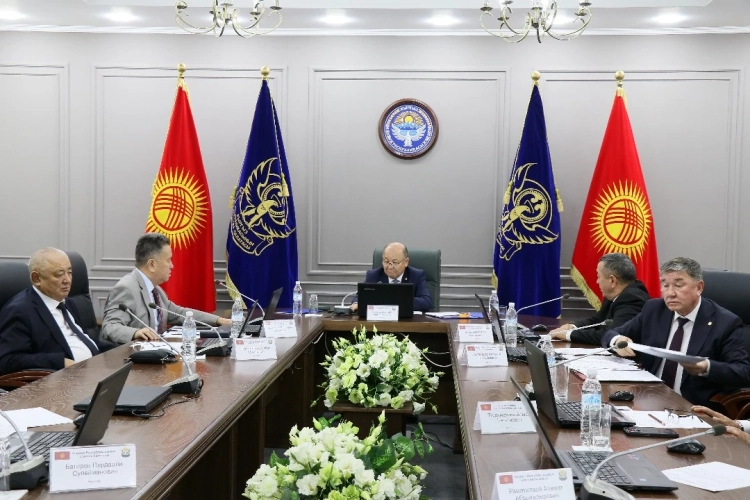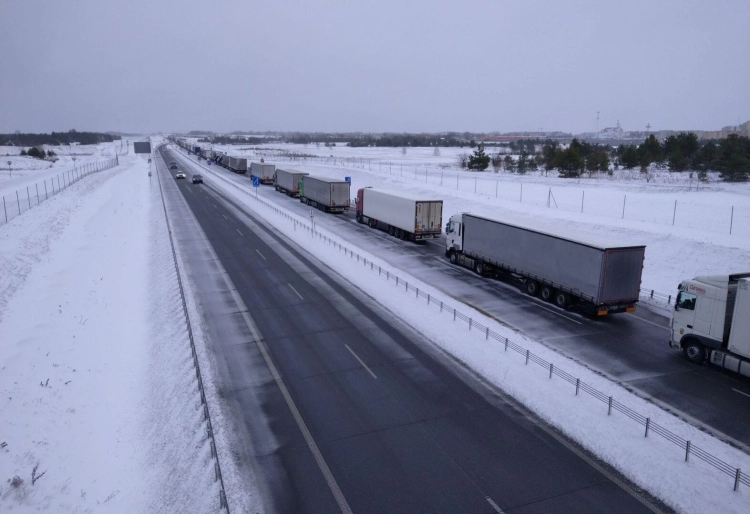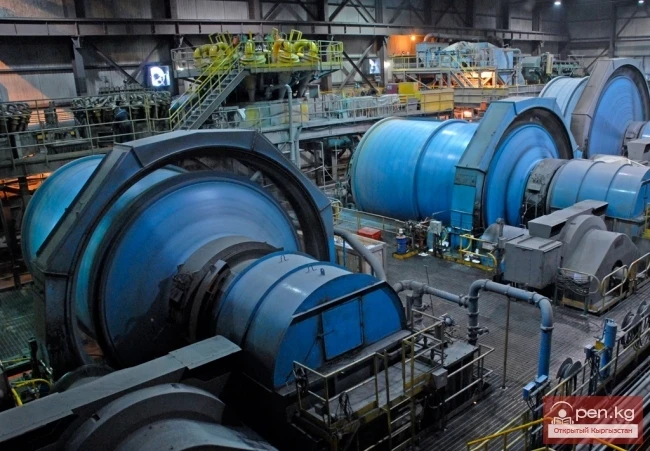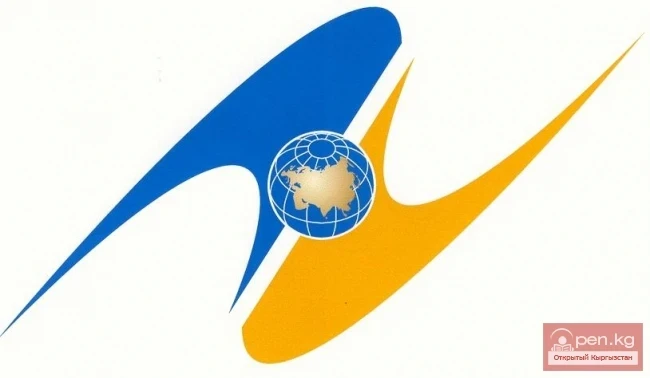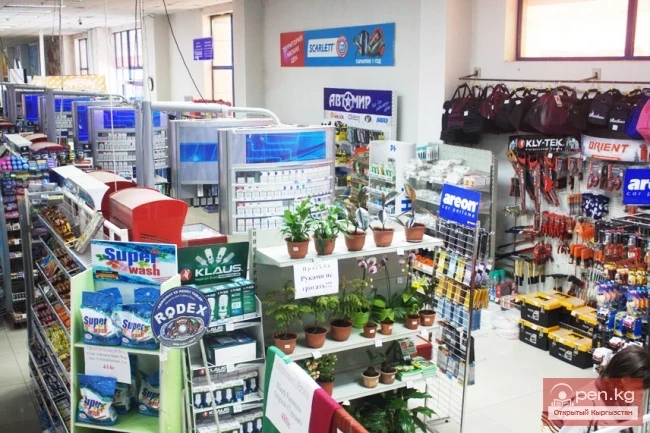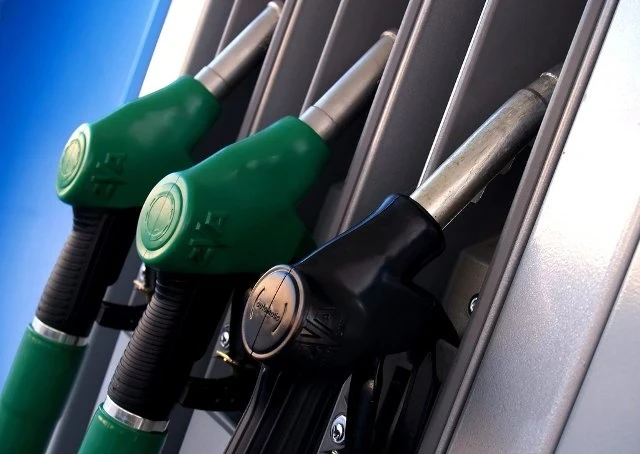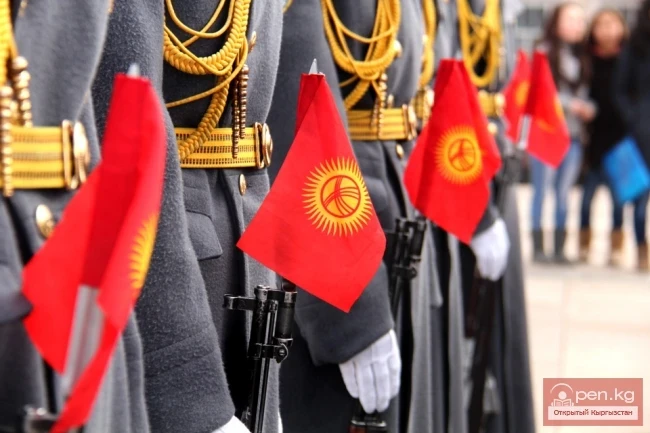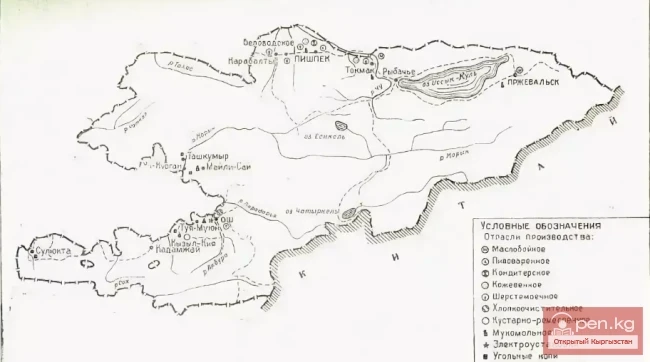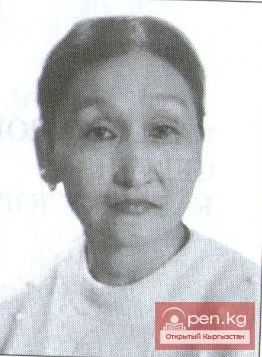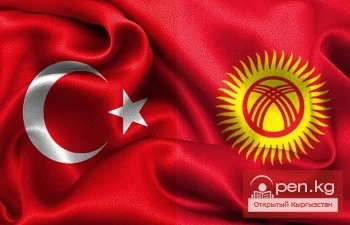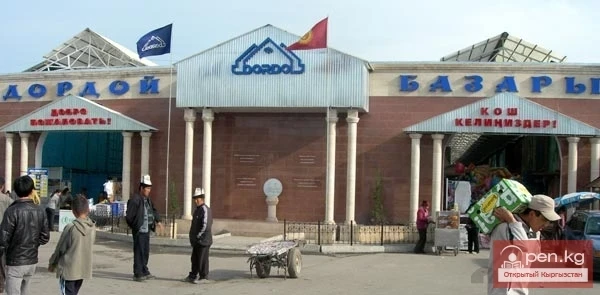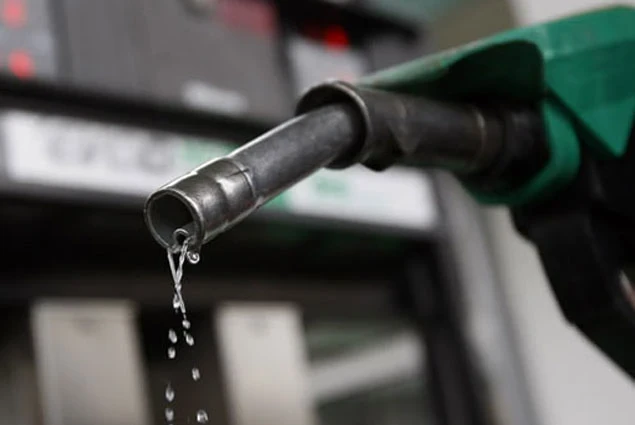
Violations in the distribution of oil export quotas and supplies to the domestic market were found both among entrepreneurs and the Agency for Regulation of Natural Monopolies (AZRK). The agency conducted an analysis that revealed discrimination in income among extracting enterprises.
The oil market in Kazakhstan is becoming an increasingly relevant topic, considering the growing needs of the domestic market and the decline in production at traditional fields. Oil-producing companies are eager to export more, as prices in international markets are 1.5-2 times higher than in the domestic market.
According to the Code "On Subsoil and Subsoil Use," companies are required to sell a portion of their products on the domestic market to meet the demand for petroleum products. Supply schedules are formed by the Ministry of Energy, which plays a key role in resource distribution.
The ministry has repeatedly emphasized that it does not issue export quotas, but by forming supply schedules, it effectively determines who and how much oil can be exported. Entrepreneurs and the AZRK doubt the fairness of this distribution.
Lack of legislative regulation
Oleg Pak, head of the entrepreneurs' alliance "Parasat," noted that the absence of regulatory acts on quota distribution creates legal uncertainty. Following appeals from entrepreneurs, "Parasat" sent a request to the AZRK to review the legality of quota distribution.
The agency analyzed the competitive environment in the oil market for 2022-2023 and found that there is discrimination in the regulation of supplies among extracting companies.
The rules for forming supply schedules lack clear criteria, which creates inequality in access to resources. The determination of volumes and names of subsoil users occurs without taking into account the economic and logistical capabilities of companies.
Moreover, applications for oil transportation are satisfied unevenly, leading to discrepancies in the volumes that different companies can export.
“The difference in export prices of 2-3 times compared to domestic prices significantly affects the profitability of companies. Opaque approaches to forming supply schedules hinder the development of the industry,” emphasizes Oleg Pak.
The AZRK pointed out signs of anti-competitive actions by the Ministry of Energy that may create advantages for certain market participants.
In June 2024, the AZRK recommended that the Ministry of Energy cease violations and amend the rules for oil distribution to make the process more transparent.
Government participation
In May of this year, the AZRK reported the completion of an investigation against the Ministry of Energy and issued a directive to amend the rules for forming supply schedules and implement a digital platform to automate the process.
The developed Oil Transportation Management (OTM) system was intended to minimize the human factor in approving supply schedules. Currently, there are 102 registered users of the system, and 1,365 applications have been submitted by subsoil users.
Nevertheless, Oleg Pak asserts that the situation remains the same, and the distribution of oil export quotas continues to be opaque. The AZRK reported that work on verifying possible violations of competition legislation is ongoing.
The "Parasat" alliance insists on the need to create equal conditions for all market participants, including transnational companies, which must ensure oil supplies to the domestic market in accordance with the law.
It should be noted that three major fields — Tengiz, Kashagan, and Karachaganak — account for about 65-70% of the total oil production in the country. While local companies are required to first meet the needs of the domestic market, transnational companies fully export their products.
Given the growing share of large fields in total production, there may be a shortage of oil and petroleum products in the domestic market, which requires immediate measures to address this issue.






